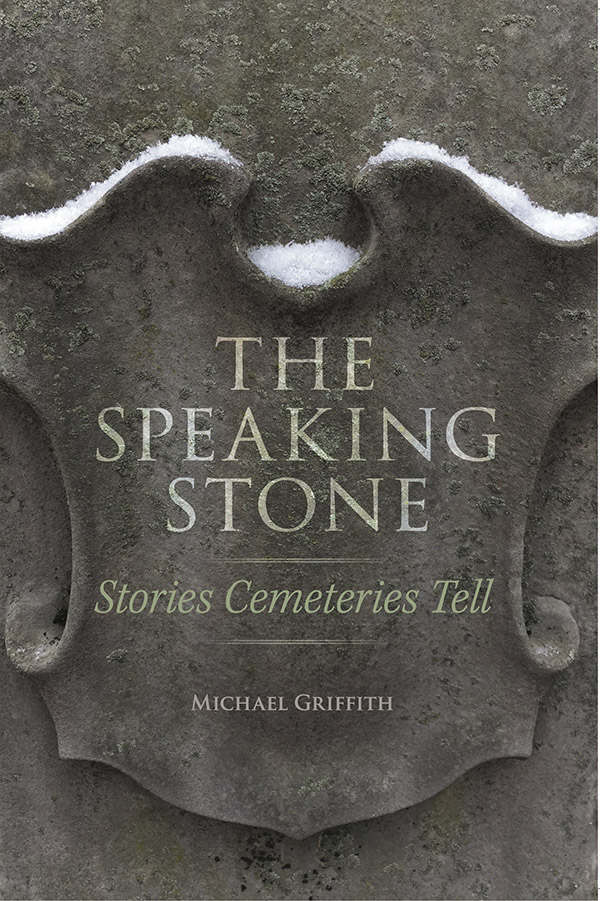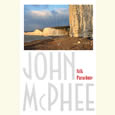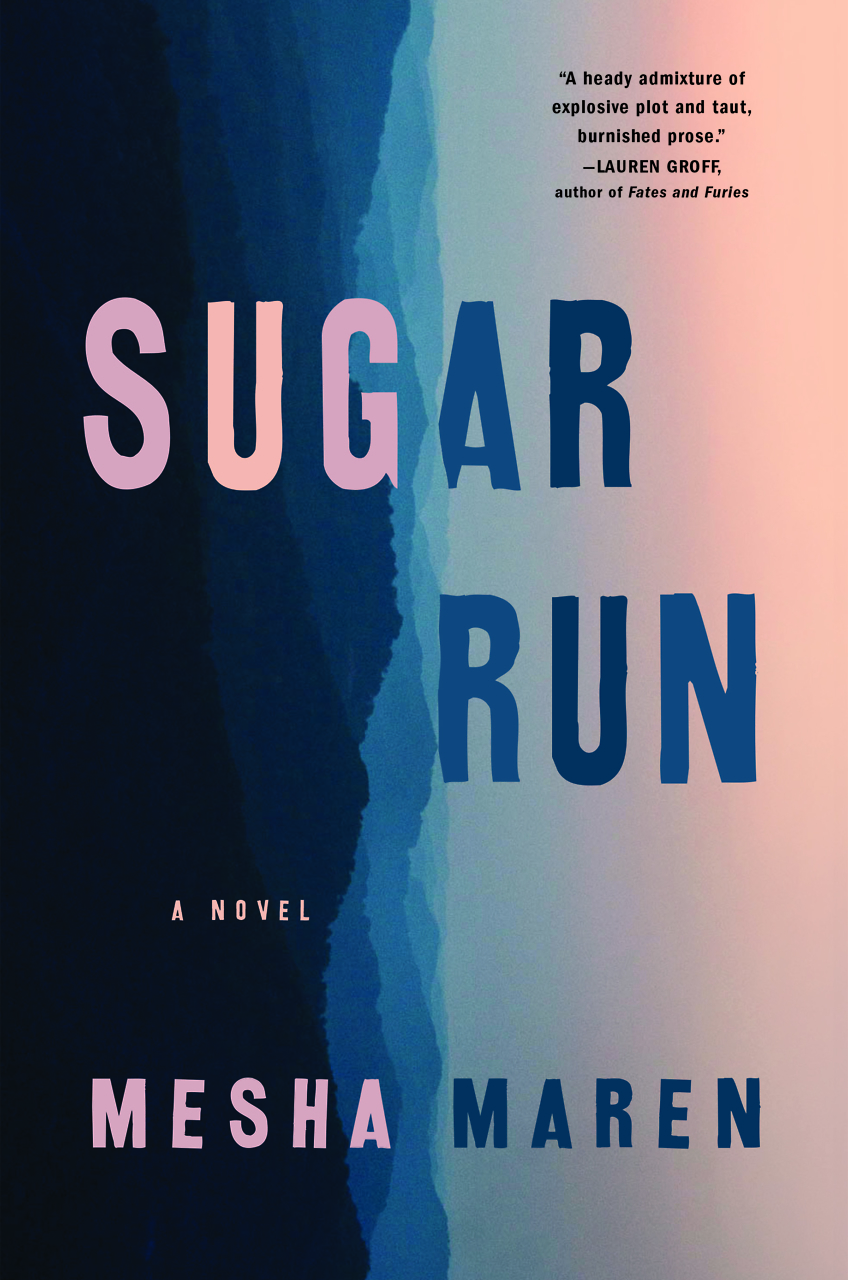Made to Survive
Poet Ocean Vuong finds an original voice for grief in Time Is a Mother
The opening poem of Ocean Vuong’s new collection, Time Is a Mother, describes a bracing encounter between a young boy and a bull, representing the many internal standoffs he will face throughout the book: “I / reached for him. I reached—not the bull— / but the depths.”
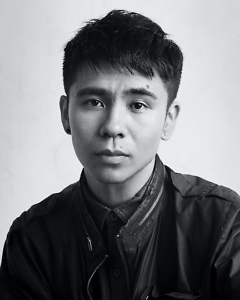
Vuong’s 2016 debut collection, Night Sky with Exit Wounds, and his 2019 autobiographical novel, On Earth We’re Briefly Gorgeous, focused closely on his family relationships, his sexuality, and the memories of war that informed his family’s experience as immigrants from Vietnam. But the center of his work has been his complex relationship with his mother. The novel takes the form of a luminous, heartrending letter written to the narrator’s mother, who doesn’t know how to read.
Time Is a Mother builds on the themes of the previous books, displaying a new degree of precision and elegant power in Vuong’s use of form. But that growth extends beyond technical matters. In this book, Vuong gives greater voice to reckoning with loss by embracing survival. Hope exists, yes, but grasped from harrowing circumstances at great cost.
As in Vuong’s novel, epistolary form plays a crucial role, with affecting poems addressed to a boyfriend, a young cousin, and a potential future son or daughter. But the poems to Vuong’s mother, who died in 2019, carry the greatest emotional depth and power.
“Dear Rose,” a tender and moving long poem, is the culminating work of the collection. In it, Vuong unleashes a tumult of memories of his mother’s life and of his life with her, creating a propulsive experience of grief’s impact on memory. “Pink Rose Hong Mom / are you reading this dear/ reader are you my mom yet / I cannot find her without you this / place I’ve made you cannot enter.” Such passages convey the limits of elegy’s consolations, while at the same time insisting on the deep need for elegy.
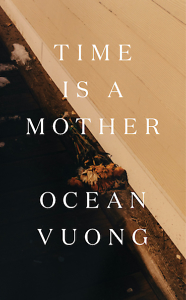 Vuong finds other forms to express this grief, including a touching list poem called “Amazon History of a Former Nail Salon Worker.” Through an inventory of his mother’s monthly purchases over two years, Vuong builds an intimate portrait of a woman facing the end of her life.
Vuong finds other forms to express this grief, including a touching list poem called “Amazon History of a Former Nail Salon Worker.” Through an inventory of his mother’s monthly purchases over two years, Vuong builds an intimate portrait of a woman facing the end of her life.
Mortality looms everywhere in the collection, but Vuong takes diverse paths into the subject. One poem gives the perspective of a dinosaur facing impending extinction, reflecting on what it means to witness the collapse of one’s own lineage but reject a narrative of obliteration: “I was made to die but I’m here to stay.”
The exhilarating long poem “Not Even” swirls together all of Vuong’s signature subjects, conveying the surreal spiral of making art from a life that straddles multiple identities — queer, Asian, immigrant — marginalized in mainstream American culture: “I made it out by the skin of my griefs. // I used to be a fag now I’m lit. Ha.”
Navigating moments of casual racism at parties, confronting famous photos from the Vietnam War, wasting time “watching straight boys play video games,” breaking down at a passing image through a train window — Vuong claims and thus transforms each of these experiences. “I can say it was gorgeous now, my harm, because it belonged to no one else.”
Writing itself emerges as a major source of survival in these poems. “Almost Human” communicates the personal costs and complications of transforming intimate personal stories into literature: “I made a killing / in language & was surrounded / by ghosts. I used my arsenal / of defunct verbs & broke / into a library of second chances.” At times he seems to be conjuring his own future through the compelling power of words.
A stunning long poem, “Künstlerroman,” charts the speaker’s path as a celebrated author, viewed in reverse. “I watch him rise and walk backward, down the unmarked road,” Vuong writes, through numerous points of significant reference: jarring aspects of book tours, spreading his mother’s ashes, the loss of a friend, the emergence of his sexuality, images of 9/11 and war in Iraq, childhood moments of conflict and violence. It all races backward until “I press PAUSE here but nothing stops because my hands are his hands.”
Insistence on survival permeates these poems. “Skinny Dipping” describes a kind of leap into vulnerable space that becomes a moment of possibility: “I thought / the fall would // kill me / but it only / made me real.” “Beautiful Short Loser” distills the cost of survival: “Nobody’s free without breaking open.” Time Is a Mother offers a reckoning with the many versions of ourselves, some altered by time and loss but still true, still open to more life — as a long as we’re willing to risk the depths.
“Tell Me Something Good” provides perhaps the strongest (if anguished) moment of hope. Recounting a chilling memory from childhood — an encounter with a threatening adult no less dangerous than the book’s opening standoff with a bull — Vuong addresses the young boy he once was: “You are something made, then made to survive — which means you are somebody’s son.”

Emily Choate is the fiction editor of Peauxdunque Review and holds an M.F.A. from Sarah Lawrence College. Her fiction and nonfiction have appeared in Mississippi Review, storySouth, Shenandoah, The Florida Review, Rappahannock Review, Atticus Review, Tupelo Quarterly, and elsewhere. She lives near Nashville, where she’s working on a novel.
